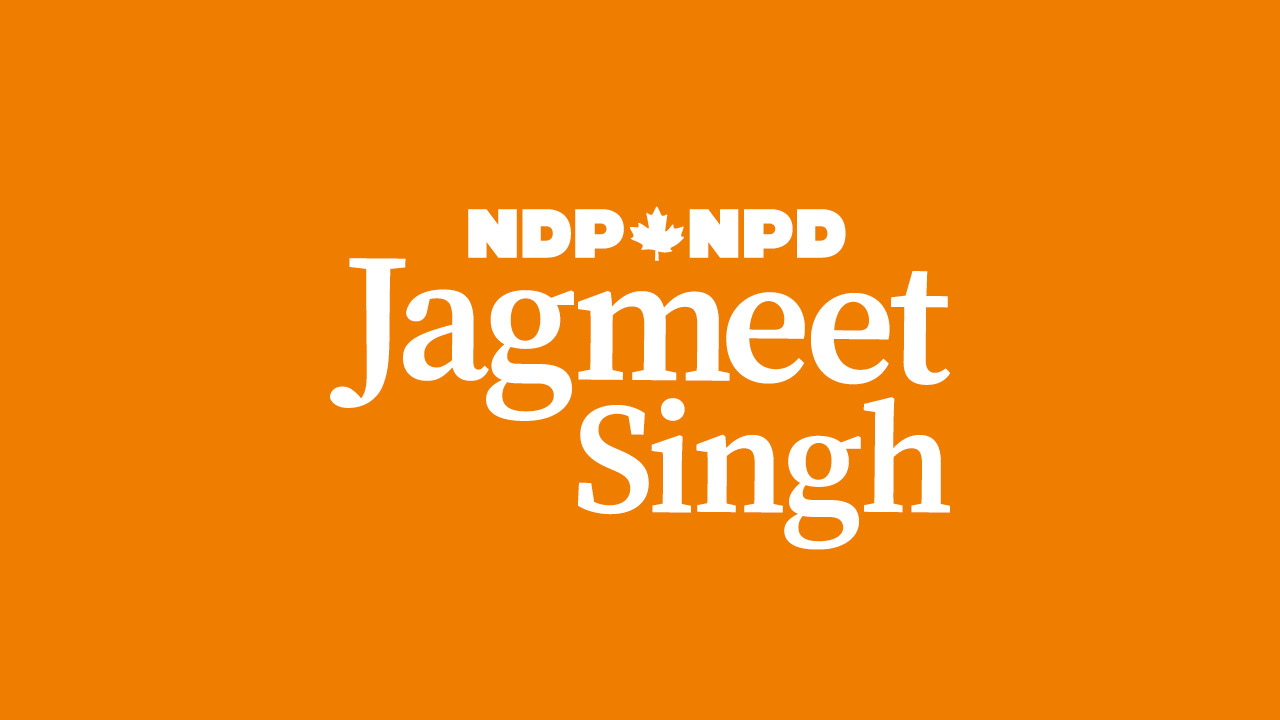
NDP calls for a National Brain Injury Strategy to support struggling Canadians « Canada’s NDP
OTTAWA – On Thursday, NDP MP Alistair MacGregor, joined by members of the Canadian Traumatic Brain Injury Research Consortium called on the Liberal government to support his plan to create a National Brain Injury Strategy, as more than 1.5 million Canadians have been left to cope with the aftermaths of brain injuries alone.
“Most people who suffer from traumatic brain injuries, like severe concussions, are workers on the job and athletes. The problem is that we have no strategies to prevent injuries or support people who suffer a brain injury,” said MacGregor. “And with how overwhelmed our hospitals are, brain injury patients often fall between the cracks and are forced to pay out of pocket for the care they need. I invite all parliamentarians to support my bill so we can deliver the support these patients need.”
About 165,000 Canadians each year suffer a brain injury, but for many, the health services they need are difficult to access. MacGregor’s bill aims to improve awareness, prevention and treatment.
“The government has a responsibility to make sure all Canadians get the health services and care they need, and my bill brings awareness to this,” added MacGregor. “We need a National Strategy on Brain Injuries that supports Canadians, brings awareness to the issue, improves treatment across the country, and prevents more injuries from happening – and that is what the NDP is offering. We need all the other parties to get on board so we can change people’s lives for the better.”
QUOTES:
Dr. Mauricio Garcia-Barrera:
“The BC Consensus on Brain Injury, Mental Health & Addictions is a community-engaged research project aimed at gathering data and knowledge to better support people with brain injuries and concurrent mental health and substance use challenges,” says Dr. Garcia-Barrera. “Participants in Year 1 and 2 have identified that the ability to increase access to services, improve existing services, create personalized care, and to increase research requires increased and continuous funding and resourcing from government, as well as federal policy to support long-term impact of these efforts.”
Dr. Alexis Turgeon, Co-Chair, Canadian Traumatic Brain Injury Research Consortium:
“By classifying moderate to severe TBI as a chronic condition under The Canadian Chronic Disease Surveillance System, our multi-disciplinary teams can examine all aspects of the acute phase of the brain injury and the long-term consequences for individuals living with TBI. Our goal is to not only understand why they experience various levels of recovery but how we can also work more closely with patients, their families, and populations at risk to significantly improve the quality of their lives.”
Dr. Jamie Hutchison, Co-Chair, Canadian Traumatic Brain Injury Research Consortium:
“A moderate or severe traumatic brain injury (TBI) is a devastating event—not only in the instance it occurs but for most individuals, in the years and lifetime that follows. This single event triggers a chronic condition process that results in varied and complex care needs.”
Michelle McDonald, CEO, Brain Injury Canada:
“Our recent report “Traumatic Brain Injury: A Lifelong Condition/Moderate to Severe Brain Injury as a Chronic Condition” presents an overview of the impact of TBI as a chronic condition, which is an under-recognized public health concern affecting over 165,000 Canadians, their families, and communities. By acknowledging TBI as a chronic condition, Canada’s health and social systems can access updated data for better tracking of incidence, prevalence, mortality, healthcare utilization (e.g., hospitalizations, physician visits), and co-existing health conditions. This recognition will enable Canada to address pressing health priorities, including mental health, addictions, and homelessness. “The responsibility of funding TBI patient care is distributed among entities such as private insurance providers, individuals, workers’ compensation programs, and government institutions at the federal, municipal, and provincial levels. Yet, there is a lack of a unified strategy or planning division for TBI in numerous provinces, resulting in services being dispersed among various ministries, including health, workers’ compensation, community social services, education, and training.”
